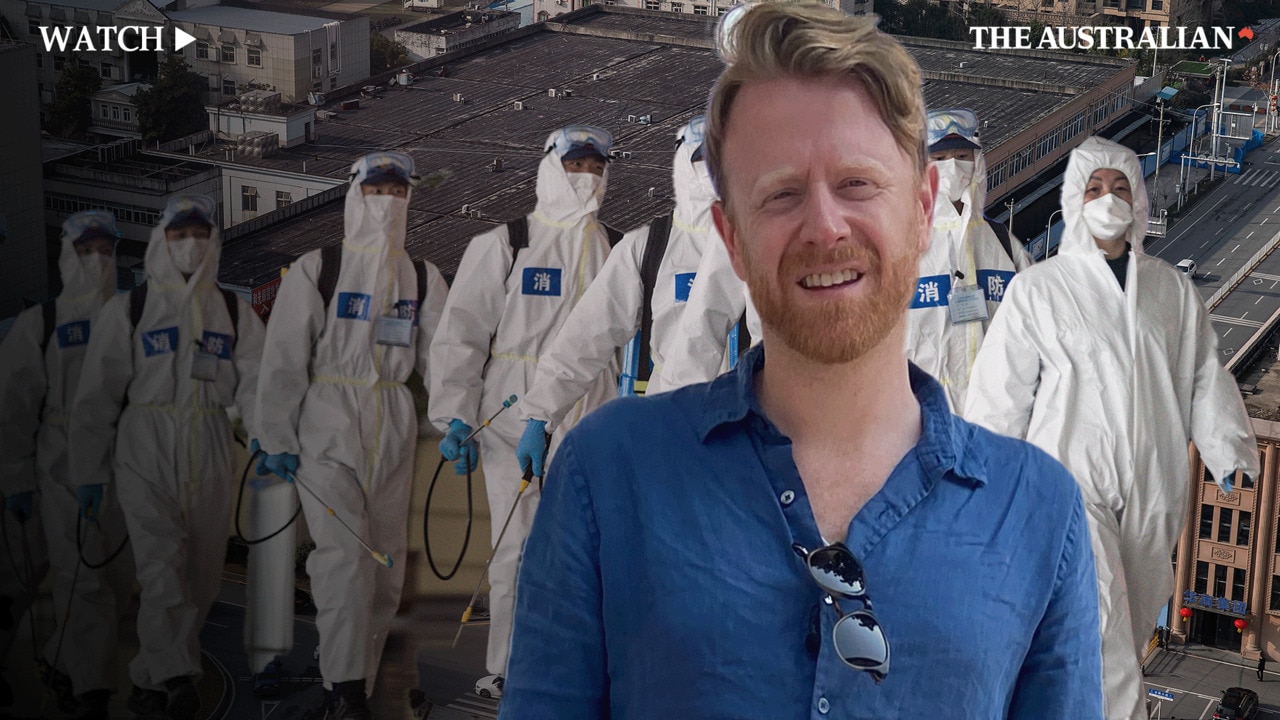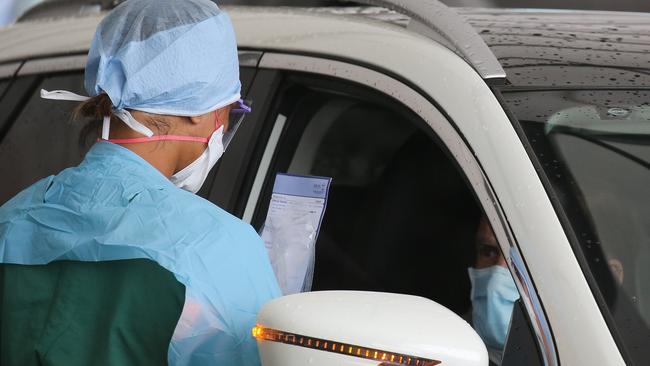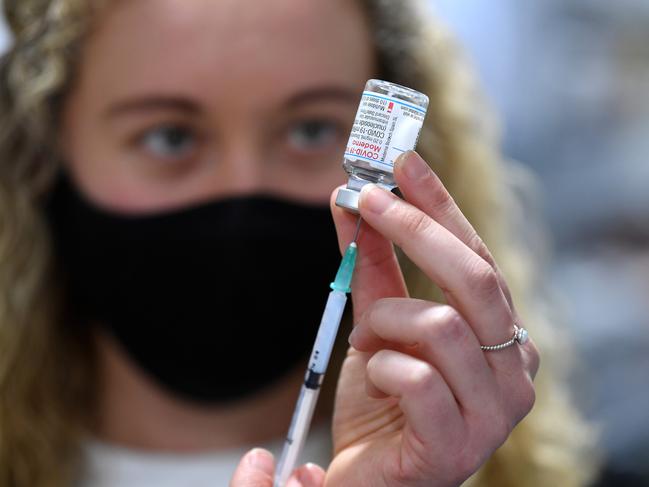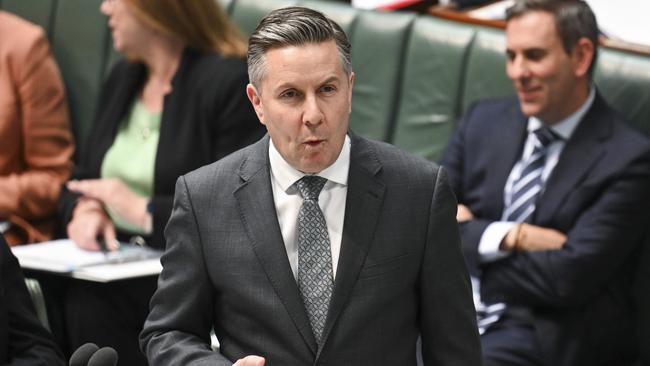Several measures in Australia’s Covid response would not be accepted again, Covid-19 Inquiry report finds
A large-scale report into Australia’s response to Covid-19 found trust had been “eroded” due to “heavy-handed” measures taken in the pandemic.

Breaking News
Don't miss out on the headlines from Breaking News. Followed categories will be added to My News.
Australians are “unlikely” to accept large-scale Covid-19 measures and restrictions in an inevitable future pandemic, with “heavy-handed” rules and large-scale vaccine mandates key factors to eroding trust.
As a result, vaccine immunity for diseases has waned, with a warning of “co-occurring outbreaks” that could overrun Australia’s health system.
The final report into Australia’s large-scale Covid-19 response has been released and warns the government that it needs to “rebuild trust” with the public, with “many of the measures taken during Covid-19 unlikely to be accepted by the population again”.
While Australians were more likely to follow government directives at the beginning of the pandemic, trust increasingly “eroded” as the pandemic continued, the report said.
Co-authored by former NSW Health director general Robyn Kruk, epidemiologist Catherine Bennett and health economist Angela Jackson, the report found this was, in part, because people weren’t given reasons behind the advice underpinning restrictions.

“This fed the perception that the government did not trust the public to understand or interpret the information correctly and contributed to the decrease in trust,” it said.
Submissions made to the inquiry noted that restrictive measures became “increasingly inappropriate” and were too “heavy-handed and controlling”.
The report recommended that a future public health emergency response should consider “fairness and proportionality when implementing and enforcing restrictive measures”.
Health Minister Mark Butler said the report was “thorough and measured” and vowed to implement its recommendations.
“We have a responsibility, particularly as a government, to examine our response to the pandemic, to learn what we did well, and in particular, to learn what we could have done better, and importantly, to build, as this report describes it, a high-level playbook for the next pandemic because we know there will be the next pandemic,” he said.
Mr Butler acknowledged Australia’s pandemic plans were “grossly inadequate”, limited Australia’s effectiveness and forced leaders to “build the plane while it was flying”.

He also said Australia was slow to shift from the emergency “lock everything down” response to “evidence-based approaches” that balanced “risks and benefits” and took account of non-health impacts.
The long-term effect of lowered trust in vaccines has also meant jab rates for many diseases, including Covid, have fallen since the pandemic. This in turn has increased the public’s risk of “co-occurring outbreaks that would overrun the healthcare system”, the report said.
As an immediate response, the report urged federal and state health ministers to implement a “national strategy” to address the “broad decline in Covid-19 vaccination”, especially for priority cohorts.
The response would also include targeted deadlines and a push to lift early childhood vaccination rates for communicable diseases to pre-pandemic levels.
The report also firmly backed the creation of an Australian Centre for Disease Control (CDC), which has been established on an interim basis.
On Tuesday, the government also announced it would commit $251.7m to deliver a Canberra-based CDC, which is expected to be launched on January 1, 2026, pending legislation.
The report said the government agency needed to become “trusted and authoritative on risk assessment and communication” and a key source of national communicable disease data.
It would also conduct biennial reviews of Australia’s overall pandemic preparedness in partnership with the National Emergency Management Agency.

The broad inquiry, which was announced by Anthony Albanese in September 2023, was tasked with considering the health and non-health responses to the pandemic however controversially did not require state and territory leaders to give evidence.
Mr Butler said the CDC would ensure Australia was “prepared” for the next pandemic.
“As the Covid-19 Response Inquiry highlighted, Australia wasn’t prepared for a pandemic,” he said.
“Because of the lack of planning, Australia’s pandemic response to Covid was slow, confused and lacked authority.
“The establishment of the Australian CDC will ensure we are prepared next time.”
Mr Butler said the CDC would also “stress test” Australia’s ability to respond to a potential Avian flu outbreak and play a role in other “preparatory work”.
In response to the report, Peter Dutton blasted it as a “political hit job” and said it was an attempt to “distract away from the Prime Minister’s other big issues at the moment”, hinting at the furore over free upgraded Qantas flights Mr Albanese received while transport minister.
While the Opposition Leader said the Coalition would read through the report “in detail,” he didn’t commit to supporting legislation required to create a CDC.
“We support sensible recommendations, and we’ll look at the policies,” he said.
Originally published as Several measures in Australia’s Covid response would not be accepted again, Covid-19 Inquiry report finds



